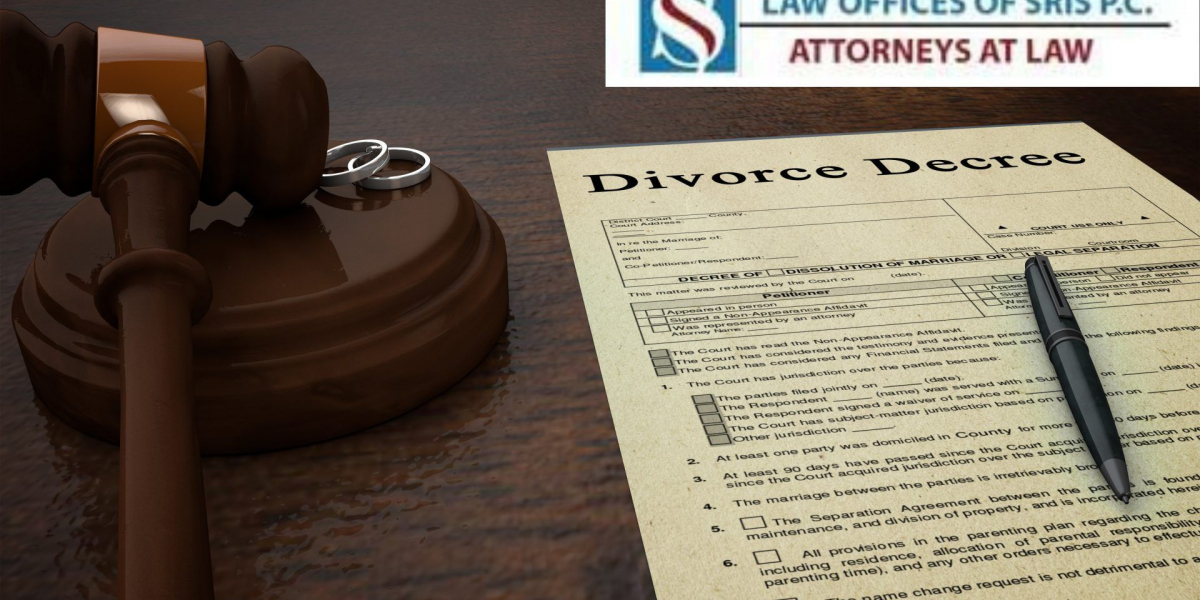New York State divorce documents might seem straightforward, but there are some surprising facts and nuances associated with them. Here are some lesserknown aspects:
- The Residency Requirement Is Strict but Flexible
New York has specific residency requirements for filing for divorce, depending on the circumstances.
- The Grounds for Divorce Affect the Filing Documents
New York provides both nofault and faultbased grounds for divorce, with those filing on fault grounds, like adultery or cruel treatment, potentially needing additional documentation or evidence.
- Financial Disclosure Is Mandatory
Both parties must submit a Statement of Net Worth detailing income, assets, debts, and expenses for equitable distribution, spousal support, and child support, as inaccuracy can result in penalties and adjustments in asset division.
- The filing fee for divorce in New York is approximately $210, but individuals who cannot afford this can request a fee waiver by filing an Affidavit of Poverty.
- Default Judgments Are Possible in Contested Cases
If one spouse does not respond to the divorce papers within 20 days (instate) or 30 days (outofstate), the filing spouse can request a default judgment, effectively granting the divorce without the other party’s input.
- The Child Support Standards Act Impacts Custody Agreements
If the divorce involves children, additional New York State Divorce Documents like a Parenting Plan or Child Support Worksheet must align with the Child Support Standards Act.
- Separation Agreements Can Transition Into Divorce Documents
If a couple has a valid separation agreement that has been in place for at least a year, they can file for a nofault divorce using that agreement as the basis.
- Supreme Court Jurisdiction
Unlike many states, divorces in New York are handled exclusively by the Supreme Court, not Family Court. However, Family Court can address custody, support, and visitation issues separately if needed.
- DIY Divorce Is an Option
New York allows for doityourself divorces for uncontested cases. The state provides a DIY Uncontested Divorce Program online, but all documents must still meet legal standards.
If mistakes are made, courts may reject the documents, leading to delays.
- Opting Out of Equitable Distribution Requires Precision
Couples can agree to divide property differently than New York’s equitable distribution rules by drafting a stipulation of settlement. However, this agreement must be clear, comprehensive, and filed correctly to be enforceable.
- PostJudgment Modifications Require Specific Documents
If either party wishes to modify terms like custody, child support, or alimony after the divorce, they must file specific petitions, such as a Petition for Modification. This process often involves proving significant changes in circumstances.
- Divorces Involving Foreign Marriages Are Allowed
If the marriage occurred outside the U.S., it is still valid for filing a divorce in New York, provided the residency requirements are met.
- Name Change Requests Are BuiltIn
The divorce decree includes a section for restoring a spouse's maiden name or a previously used name, saving the need for separate name change petitions.
- Courts frequently reject documents for technical errors, such as incomplete information, missing signatures, or incorrect service of New York State Divorce Law Spousal Support. Hiring a professional to review the paperwork can prevent delays.
- Certain Cases Require Additional Forms
Military Divorces: Involving a spouse on active duty requires compliance with the Servicemembers Civil Relief Act (SCRA), and special affidavits may be necessary.
Domestic Violence Cases: Victims may file for divorce alongside protective orders, and documents can include confidentiality requests to shield sensitive information.
- Judgment of Divorce May Take Time
Even in uncontested divorces, the final Judgment of Divorce can take weeks or months after submission due to court backlogs.









